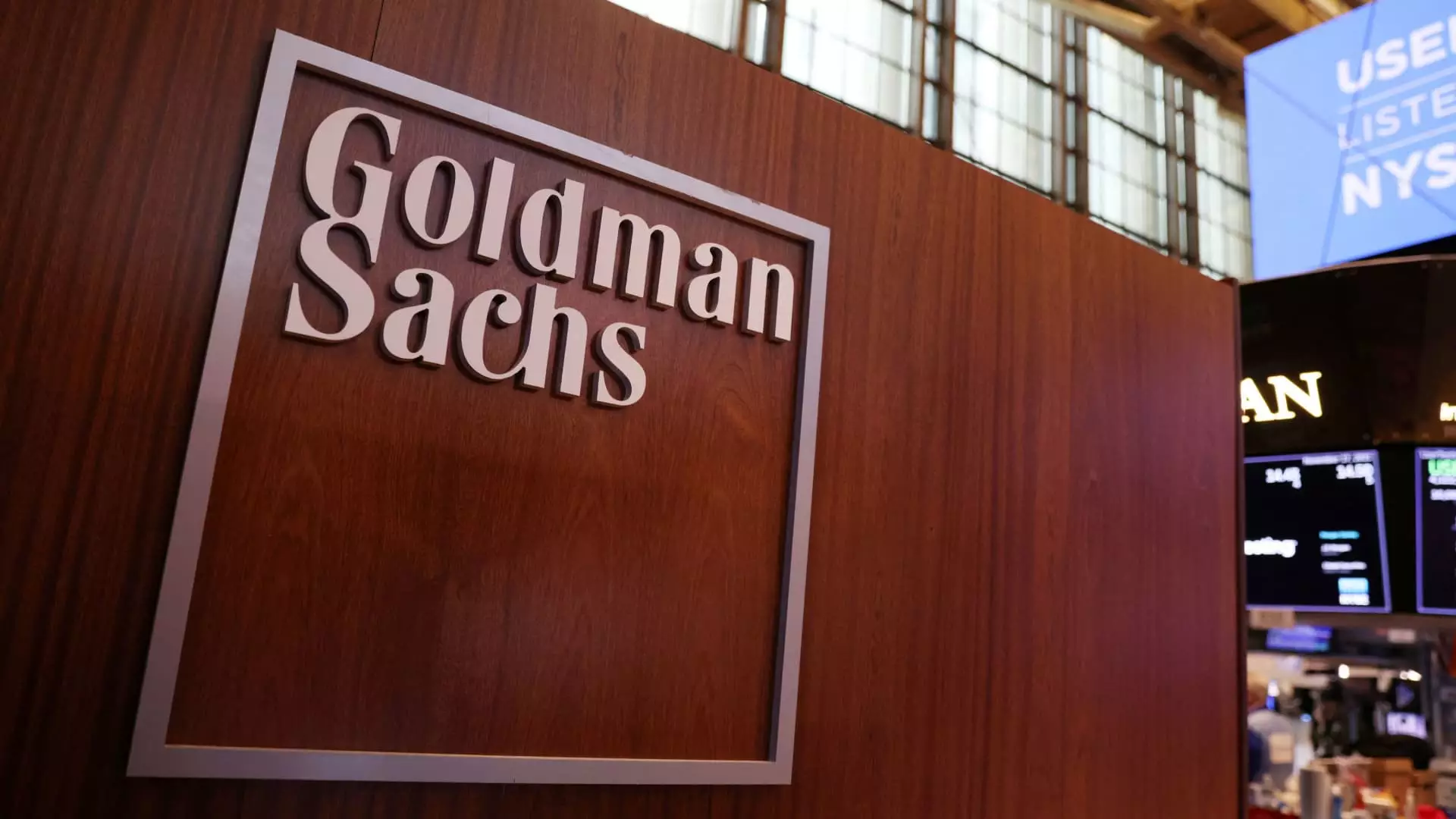The financial industry stands on the precipice of a transformative wave driven by artificial intelligence. Goldman Sachs’ decision to introduce Devin, a fully autonomous AI software engineer, marks a pivotal shift towards a future where machines are not merely tools but active collaborators in complex tasks. Unlike traditional automation that assists human employees, Devin symbolizes a new breed of AI that can independently design, modify, and execute multi-layered projects—an unstoppable force in high-stakes financial engineering.
This strategic move signifies more than just technological innovation; it signals a profound redefinition of professional roles. Human engineers are increasingly expected to become problem setters and supervisors in the AI era, focusing on problem formulation and oversight rather than solely coding. The emphasis shifts from manual execution to strategic management, fostering a hybrid workforce where human intuition and machine efficiency coalesce into unprecedented productivity. Goldman Sachs is boldly pioneering this integration, hinting at a future where AI-driven automation could multiply output levels by up to four times.
The Power and Potential of Autonomous AI Developers
Devin’s capabilities far surpass simple task automation. Demonstrations have showcased the AI completing comprehensive software development cycles—handling code updates, translating legacy code into modern languages, and even building entire applications with minimal human intervention. Such feats highlight AI’s potential to overhaul traditional software engineering, rendering many mundane or repetitive tasks obsolete.
This shift presents various benefits. For employers, deploying autonomous developers reduces costs, accelerates project timelines, and minimizes human error. For the banking sector, where precision and compliance are paramount, AI’s meticulousness could enhance security and regulatory adherence. Yet, this technological leap inevitably provokes questions about the future landscape of employment. As AI takes on roles historically performed by humans, concerns about job displacement intensify, escalating fears about widespread layoffs on Wall Street and across industries.
However, the narrative isn’t purely about replacement. Goldman Sachs envisions a combined approach, where AI tools like Devin work seamlessly alongside human developers. This hybrid model aims to augment human creativity and strategic thinking, not eradicate it. Still, skepticism remains: will the nurturing of such superpowered AI lead to a net loss of human roles, or will it create new opportunities in oversight, strategic planning, and AI management?
Implications for the Mega-Companies and the Capital Market
Major tech giants like Microsoft and Alphabet have already integrated AI into their coding processes, with reports suggesting that up to 50% of some development work is now managed by AI. Salesforce’s recent disclosure of AI handling roughly half of their workload underscores a broader industry trend: AI’s ascendancy isn’t confined to finance; it’s a global paradigm shift impacting all sectors reliant on software development.
For Goldman Sachs, deploying Devin signals an ambition to stay at the frontier of innovation, potentially giving the bank a competitive edge. But with this leap, questions about ethical use, data security, and oversight come to the fore. How will AI be governed to ensure it aligns with compliance standards and ethical norms? Will the proliferation of autonomous developers lead to unforeseen vulnerabilities or systemic risks?
Market dynamics will undoubtedly evolve as well. The infusion of AI into core operations could diminish the need for certain skills, leading to job reductions. Bloomberg’s projection of up to 200,000 banking layoffs within five years underscores the scale of disruption anticipated. The challenge lies in balancing technological advancement with responsible workforce management, ensuring that workers are reskilled or transitioned into roles that leverage their uniquely human qualities.
The Ethical Dilemmas and Future Outlook
As AI begins handling tasks once deemed exclusive to humans, ethical considerations become critical. The specter of machines making autonomous decisions—and potentially miscalculating—raises concerns about accountability and transparency. Will AI engineers and executives accept responsibility when AI systems make costly errors? The need for robust oversight and explainability in AI decision-making processes becomes paramount.
Goldman Sachs’ experiment with Devin could serve as a blueprint for a broader economic revolution, but it also emphasizes a urgent need to address societal impacts. Will this shift lead to a more efficient, innovative financial sector, or will it exacerbate inequalities and foster job insecurity? The industry must navigate these waters carefully, ensuring that technological progress does not come at the expense of societal stability.
Ultimately, the integration of autonomous AI into high-stakes environments exemplifies both the aspirations and perils of the AI age. It is an extraordinary development that demands both enthusiasm for its possibilities and critical vigilance for its risks. The coming years will reveal whether AI’s promise of revolutionizing productivity can be harnessed ethically and sustainably, or whether it will unleash unforeseen consequences.

